Basic Life Support (BLS) Training
Quantity: 1
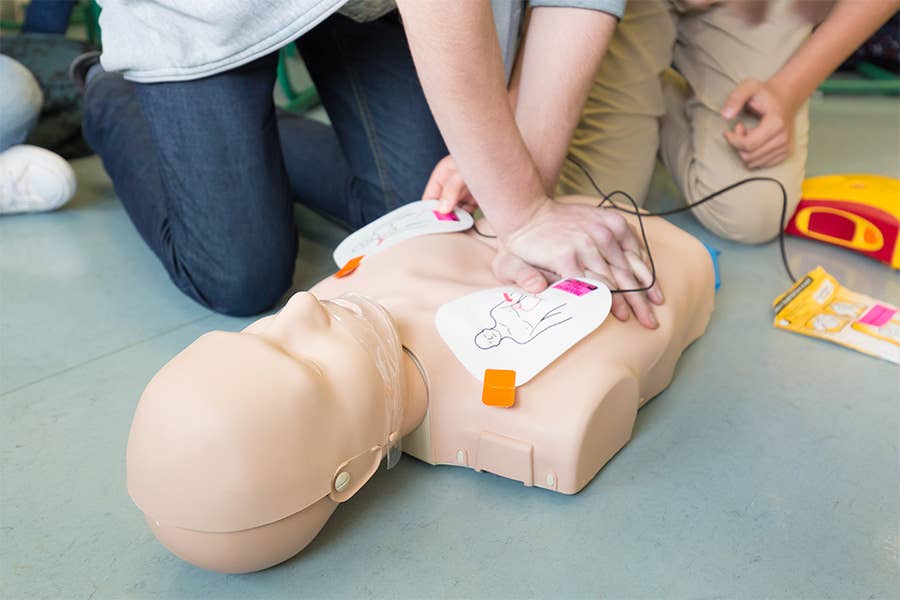
Duration 2-3 hours
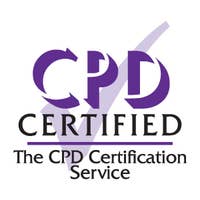

100% online training
Start when you like
Learn on any device (desktop, mobile or tablet)
Instant assessment and result
1 learner per course
Train teams of all sizes
Bulk discounts starting at 10% off 10 courses
Pay by invoice with 30 day payment terms available (5+ courses)
Includes a 10% discount for 10+ courses
For those working within health and social care settings, regardless of role, you may find yourself faced with potentially life-threatening situations. This Basic Life Support course is designed to give you the knowledge and understanding required to react quickly and appropriately in emergency situations, increasing the safety and quality of care provided to those within the sector.
This course will help provide you with invaluable knowledge on how to deliver potentially life-saving help. It teaches you how to assess situations with primary and secondary surveys, techniques such as cardiopulmonary resuscitation (CPR) and the recovery position and how to react to a variety of emergencies such as choking or anaphylaxis.
100% online training
Access anywhere
Same day digital certificate
Printed certificate posted next working day
Full audio voiceover
Assessment retakes at no extra cost
Developed by qualified health and social care professionals
Accredited by CPD
Aligned to the Core Skills Training Framework (CSTF)
Bulk discount for orders of 10+ courses
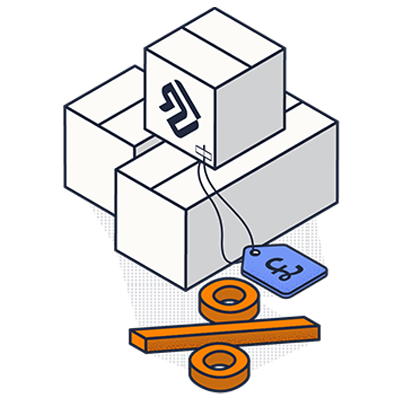
Save on our courses when you buy more training upfront. Lock in a better price now and access the training whenever you need to. You can mix and match any of our courses too and get the discount off your whole order.
10+ courses = 10% off
50+ courses = 20% off
100+ courses = 30% off
500+ courses = 40% off
By the end of this BLS training course you will:
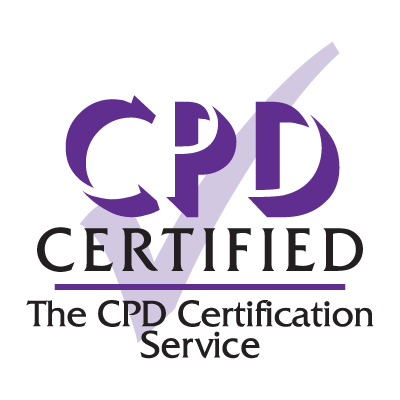
Accredited by CPD
All of our courses are accredited by the CPD Certification Service as conforming to universally accepted Continuing Professional Development (CPD) guidelines.
Recommended renewal:
1 year
What does this mean? This certificate does not have an expiry date, however, based on industry best practice guidelines there is a recommended renewal period.
Our in-house Learning Designers develop all of our courses to give you and your learners the most engaging training possible.
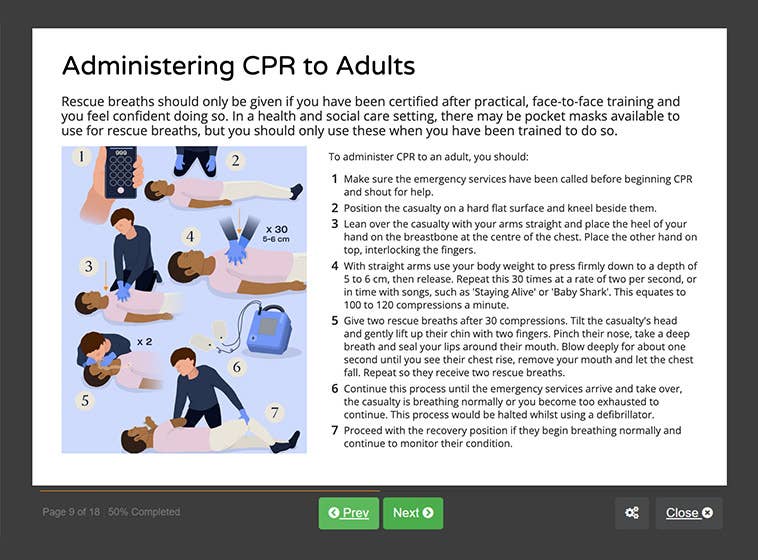
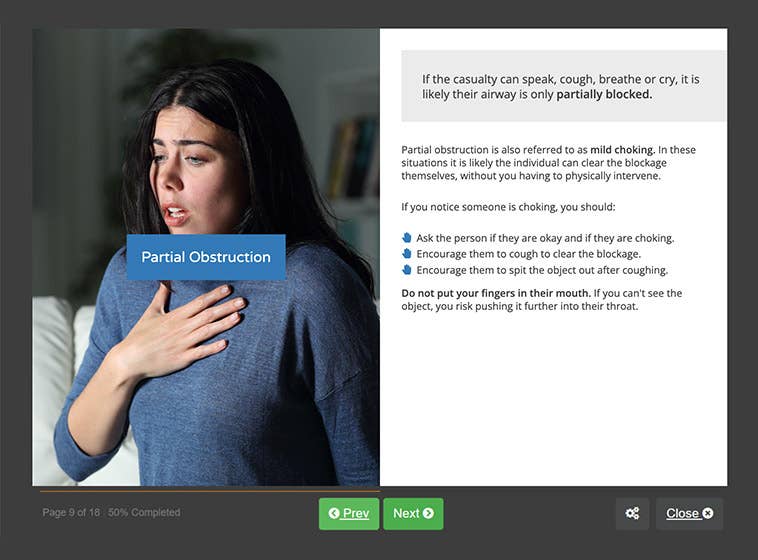
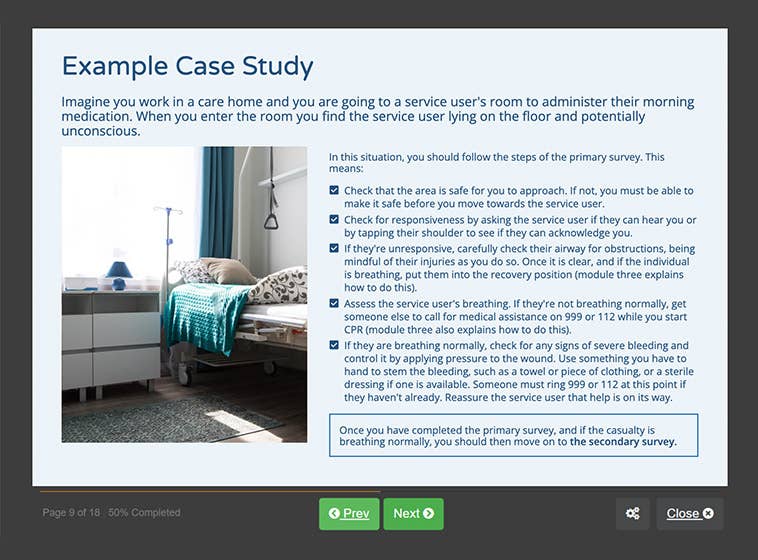
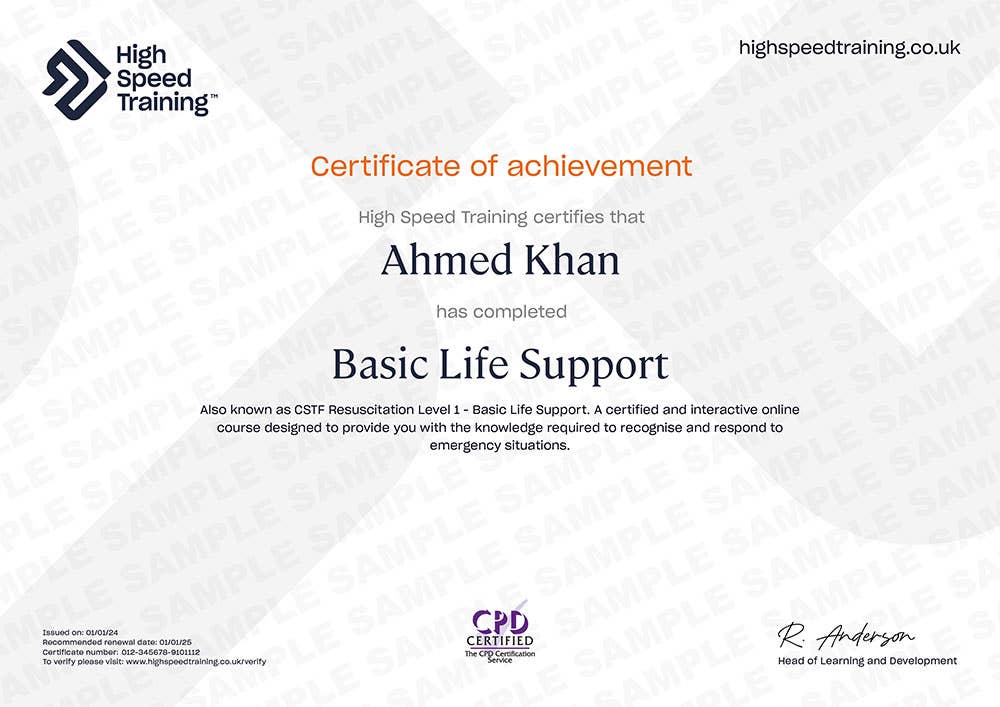




What is basic life support, delivering basic life support, legal requirements, infection prevention and control, hand hygiene, personal protective equipment, cleaning and waste disposal.
The primary survey, danger, response, airway, breathing, circulation, the secondary survey and primary and secondary survey considerations.
Heart attack or cardiac arrest, respiratory arrest, the chain of survival, the recovery position - adults, children and infants, the recovery position for suspected spinal injuries, administering CPR with rescue breaths - adults, children and infants, administering hands-only CPR, considerations when administering CPR - adults, children and infants, automated external defibrillator (AED), DNACPR, ADRT and ReSPECT and after the event.
Choking, assessing the severity, partial obstruction, blocked airway, treating choking in adults and children, treating choking in infants, anaphylaxis, triggers of anaphylaxis, how to prevent anaphylaxis, signs and symptoms of anaphylaxis, how to respond to anaphylaxis and adrenaline auto-injectors.
Diabetic hypoglycaemia and hyperglycaemia, signs and symptoms and treatment of hypoglycaemia and hyperglycaemia, stroke including signs and symptoms and treatment, electric shock and drowning safety considerations and resuscitation.
The online assessment is taken on completion of the training material. You will be asked 30 multiple choice questions with a pass mark of 80%. The answers are marked automatically so you will instantly know whether you have passed. If you don't pass don't worry! You can take the test as many times as you need with no extra charge.
This online course is suitable for anyone wanting to gain initial non-practical Basic Life Support training, including non-clinical staff. It can also be taken by health and social care workers wanting to refresh their existing knowledge and complement their practical training.